First, here's my Shell sort code (using Java):
public char[] shellSort(char[] chars) {
int n = chars.length;
int increment = n / 2;
while(increment > 0) {
int last = increment;
while(last < n) {
int current = last - increment;
while(current >= 0) {
if(chars[current] > chars[current + increment]) {
//swap
char tmp = chars[current];
chars[current] = chars[current + increment];
chars[current + increment] = tmp;
current -= increment;
}
else { break; }
}
last++;
}
increment /= 2;
}
return chars;
}
Is this a correct implementation of Shell sort (forgetting for now about the most efficient gap sequence - e.g., 1,3,7,21...)? I ask because I've heard that the best-case time complexity for Shell Sort is O(n). (See http://en.wikipedia.org/wiki/Sorting_algorithm). I can't see this level of efficiency being realized by my code. If I added heuristics to it, then yeah, but as it stands, no.
That being said, my main question now - I'm having difficulty calculating the Big O time complexity for my Shell sort implementation. I identified that the outer-most loop as O(log n), the middle loop as O(n), and the inner-most loop also as O(n), but I realize the inner two loops would not actually be O(n) - they would be much less than this - what should they be? Because obviously this algorithm runs much more efficiently than O((log n) n^2).
Any guidance is much appreciated as I'm very lost! :P
